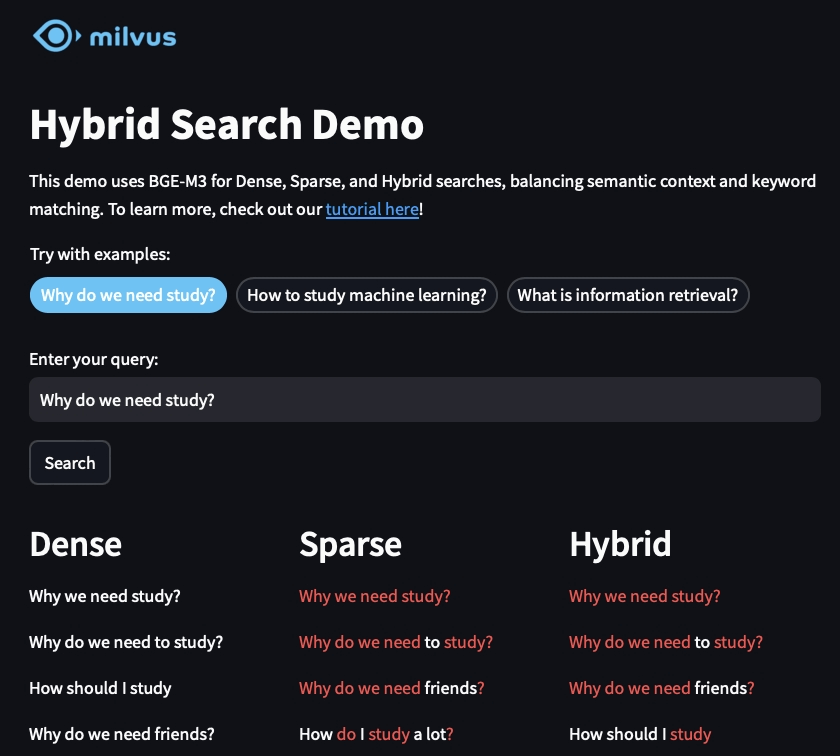Handling long-tail queries requires a combination of intent understanding, data efficiency, and adaptability. Long-tail queries are highly specific, less frequent search terms or questions that often lack sufficient training data. To address them, systems must first parse the query’s structure and context to infer meaning, even when examples are scarce. For instance, a query like “error handling in SwiftUI with Combine for network retries” includes niche topics. Breaking it down into components (SwiftUI, Combine, network retries) helps identify the core intent. Techniques like semantic similarity models (e.g., sentence embeddings) can map these terms to related concepts in existing data, bridging gaps in coverage.
To manage sparse data, systems often use transfer learning or data augmentation. Pretrained language models (like BERT or GPT) are fine-tuned on domain-specific data to recognize patterns in rare queries. For example, a model trained on general programming Q&A can adapt to handle a niche query about a lesser-known Python library by extrapolating from similar syntax or use cases. Data augmentation—such as paraphrasing existing examples or synthesizing hypothetical queries—can also expand coverage. Knowledge graphs or ontologies help by linking related terms (e.g., connecting “TensorFlow Lite” to “mobile ML” or “edge inference”), allowing the system to surface relevant answers even for unfamiliar phrasing.
Finally, continuous feedback loops ensure systems adapt to evolving long-tail queries. User interactions, like reformulated searches or corrections, provide implicit signals to refine models. For example, if users frequently adjust a query like “Django ORM bulk_update vs update” to include “performance,” the system can prioritize context around efficiency in future responses. Active learning strategies flag uncertain predictions for human review, gradually improving coverage. By combining these approaches, systems balance precision for common queries with flexibility to handle rare or emerging edge cases, ensuring robust performance across diverse technical scenarios.
